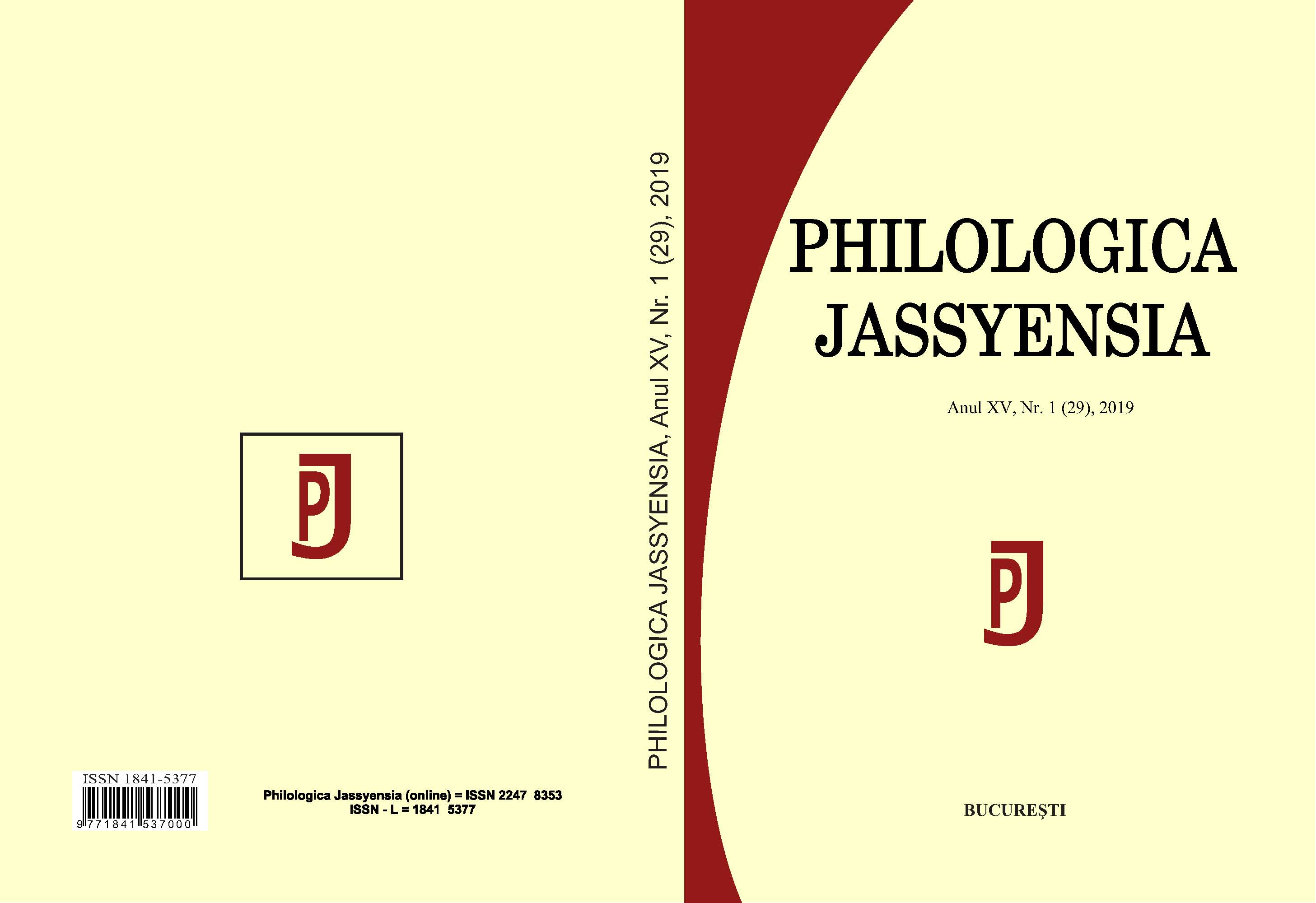Destinul literaturii latino-americane în România regimului comunist (1948–1989)
The Fate of the Latin-American Literature in Communist Romania (1948–1989)
Author(s): Ilinca IlianSubject(s): Theory of Literature
Published by: Editura Tracus Arte
Keywords: literary reception; socialist Romania; Latin-American literature; translation; cultural politics;
Summary/Abstract: Latin-American literature spread widely across the Romanian cultural space under the communist regime. As a consequence, the reception of major literary works, which were known worldwide, was affected by the typical abnormalities created by a totalitarian government. Nonetheless, the excellent work done by cultural agents and managers compensated the contradictions and vices of the system. In this article we aim to highlight the translation of the most important authors connected with the boom, in the context of the cultural politics of the socialist Romania, and discuss some particularities related to the Romanian translation of these works. We observe that the reception of the Latin-American boom is synchronic with the manifestation of this phenomenon in the West and we offer a view of the translations published in cultural journals and at publishing houses. Even though some important works related to the boom could not be translated in socialist Romania, mainly for economic reasons (i.e. the difficulty to pay copyright), the majority of the great names related to the boom (García Márquez, Vargas Llosa, Cortázar and Borges) became well known in this period and had an excellent reception here. We highlight the excellent work of the Romanian translators and cultural agents in the communist period.
Journal: Philologica Jassyensia
- Issue Year: XV/2019
- Issue No: 1 (29)
- Page Range: 165-176
- Page Count: 12
- Language: English

